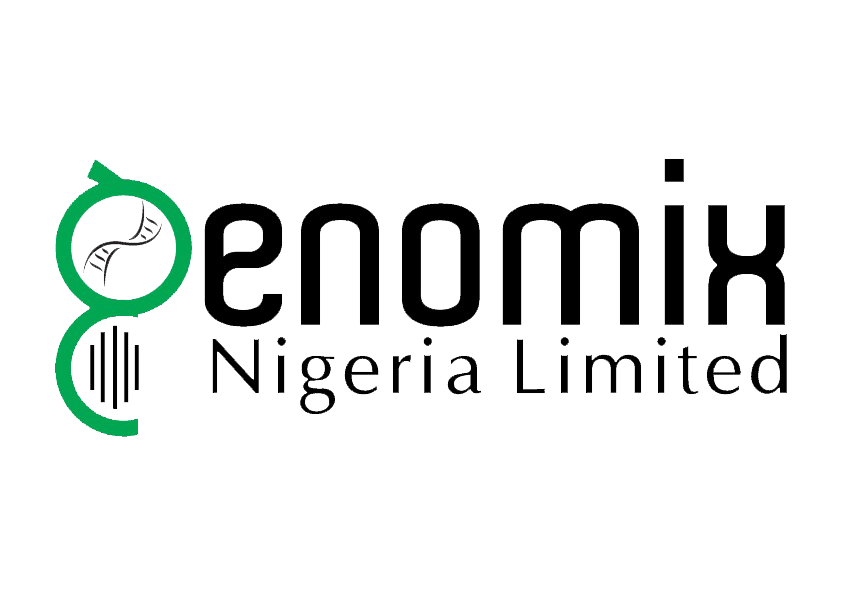
Edwards’ syndrome, also known as trisomy 18, is a rare but serious condition that affects how long a baby may survive. There’s no cure for Edwards’ syndrome and sadly, most babies with the disease will die before or shortly after being born and just a small number of babies born alive with Edwards’ syndrome will live past their 1st birthday.
The disease is linked to chromosomal abnormalities. Normally, each cell in the body contains 23 pairs of chromosomes, which carry the genes you inherit from your parents. A baby with Edwards’ syndrome has three copies of chromosome number 18 instead of two and this affects how the baby grows and develops. Having three copies of chromosome 18 usually happens by chance, because of a change in the sperm or egg before a baby is conceived.
Essentially, your chance of having a baby with Edwards’ syndrome increases as you get older, but anyone can have such a baby. The condition does not usually run in families and is not caused by anything the parents have or have not done.
The symptoms of Edwards’ syndrome and how seriously a baby is affected, usually depend on whether they have full, mosaic, or partial Edwards’ syndrome.
Most babies with Edwards’ syndrome have an extra chromosome 18 present in all cells. This is called full Edwards’ syndrome. The effects of full Edward’s syndrome are often more severe and most babies with this form of the disease will die before they are born.
A small number of babies with Edwards’ syndrome (about 1 in 20) have an extra chromosome 18 in just some cells and this type is called mosaic Edwards’ syndrome or mosaic trisomy 18.
This can lead to milder effects of the condition, depending on the number and type of cells with the extra chromosome. Most babies with this type of Edward’s syndrome who are born alive will live for at least a year, and may also live to adulthood.
A very small number of babies with Edwards’ syndrome (about 1 in 100) have only a section of the extra chromosome 18 in their cells, rather than a whole extra chromosome 18. This is called partial Edwards’ syndrome or partial trisomy 18. How partial Edwards’ syndrome affects a baby depends on which part of chromosome 18 is present in their cells. All babies born with Edwards’ syndrome will have some level of learning disability.
Edwards’ syndrome is associated with certain physical features and health problems. They will usually have a low birthweight and may also have a wide range of physical symptoms and may also have heart, respiratory, kidney or gastrointestinal conditions.
Screening for Edwards’ syndrome is often advised for new and old couples alike. If you’re pregnant, you can be offered screening for Edwards’ syndrome between 10 and 14 weeks of pregnancy. This looks at the chance of your baby having the condition. There are different screening tests but the only non-invasive test that can detect this condition is the NIFTY (Non-Invasive Fetal TrisomY) prenatal test.
Unlike invasive tests such as the chorionic villus sampling (CVS) which collects a sample from the placenta and amniocentesis, which collects a sample of the amniotic fluid from around your baby, the NIFTY Test poses no risk to the mother or the unborn baby because it is 100 percent non-invasive.
The NIFTY Test is a safe, simple, non-invasive prenatal test (NIPT), which offers screening for certain genetic conditions such as Edwards’ syndrome from as early as week 10 of pregnancy.
Using the latest genetic sequencing technology, NIFTY has over
99 percent accuracy for the three most common trisomy conditions present
at birth – Edwards’ Syndrome, Down Syndrome and Patau Syndrome. The test is currently available in Nigeria only at Genomix.
The procedure is affordable, simple, convenient, safe for mother and baby and the results are fast produced. It utilizes cell-free DNA fragments which are short fragments of DNA, that are circulating in the blood.
During pregnancy, the fragments originating from both the mother and fetus are present in the maternal blood circulation.
The NIFTY test requires taking a small maternal blood sample and analysing to screen for chromosomal abnormalities in the fetus. The technology behind the NIFTY test enables highly accurate results with detection rates.
If the test result is positive for Edwards’ syndrome before birth, you’ll have opportunity to be offered support and information so that you can make informed decisions.

Recent Comments